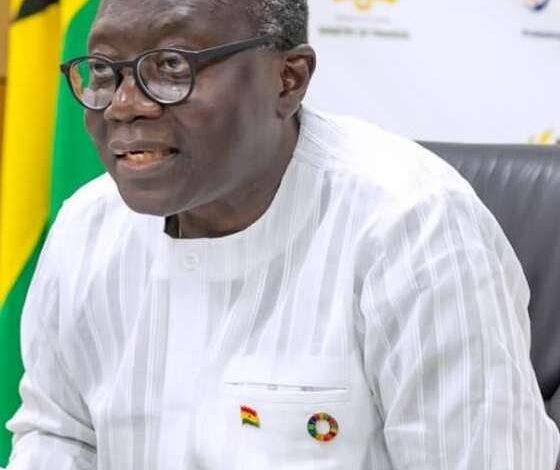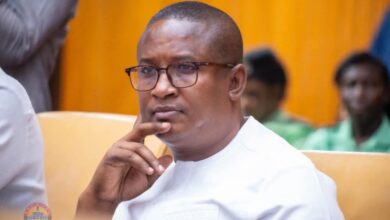Kwesi Pratt Faults OSP’s Handling of Ken Ofori-Atta Extradition

Veteran journalist Kwesi Pratt has questioned the procedural conduct of the Office of the Special Prosecutor (OSP) in its attempt to extradite former Finance Minister Ken Ofori-Atta, calling parts of its approach “legally misplaced.”
Speaking on Good Morning Ghana monitored by MyNewsGh, Pratt dissected the ongoing standoff between the OSP and the Attorney General’s office, insisting that the OSP’s decision to bypass constitutional channels was a fundamental error.
“The OSP now writes to the Chief of Staff to facilitate the extradition. How? The OSP cannot communicate with its superior organ, which is the Office of the Attorney General, through the Chief of Staff,” he said, adding that the proper procedure was to refer the matter to the Attorney General directly. “Whatever it is, the Chief of Staff rightly forwarded the letter to the Attorney General, who responded that no extradition can proceed without a docket.”
Pratt noted that the Attorney General had even requested the OSP to bring two investigators along to prepare the extradition case but that the docket had still not been submitted. “It’s a clear message that the Attorney General wanted to exercise oversight over the process, as is empowered by law,” he said.
He further rejected claims that the OSP could proceed with partial information. “You cannot ask for extradition without providing information on the transactions he [Ofori-Atta] undertook with all the other organizations. That’s the basis of the case for extradition,” Pratt emphasized.
Commenting on Ofori-Atta’s reported ill health, Pratt said the claim of prostate cancer cannot serve as an excuse for evading state duties. “Prostate cancer is not an excuse for not performing national duties. There are many people in Ghana working with the same condition,” he remarked.
According to Pratt, the current stalemate between the OSP and the Attorney General reflects the deeper institutional confusion created by a politically motivated law. “This is where we are — a subordinate body trying to act independently of the authority that created it,” he said.




